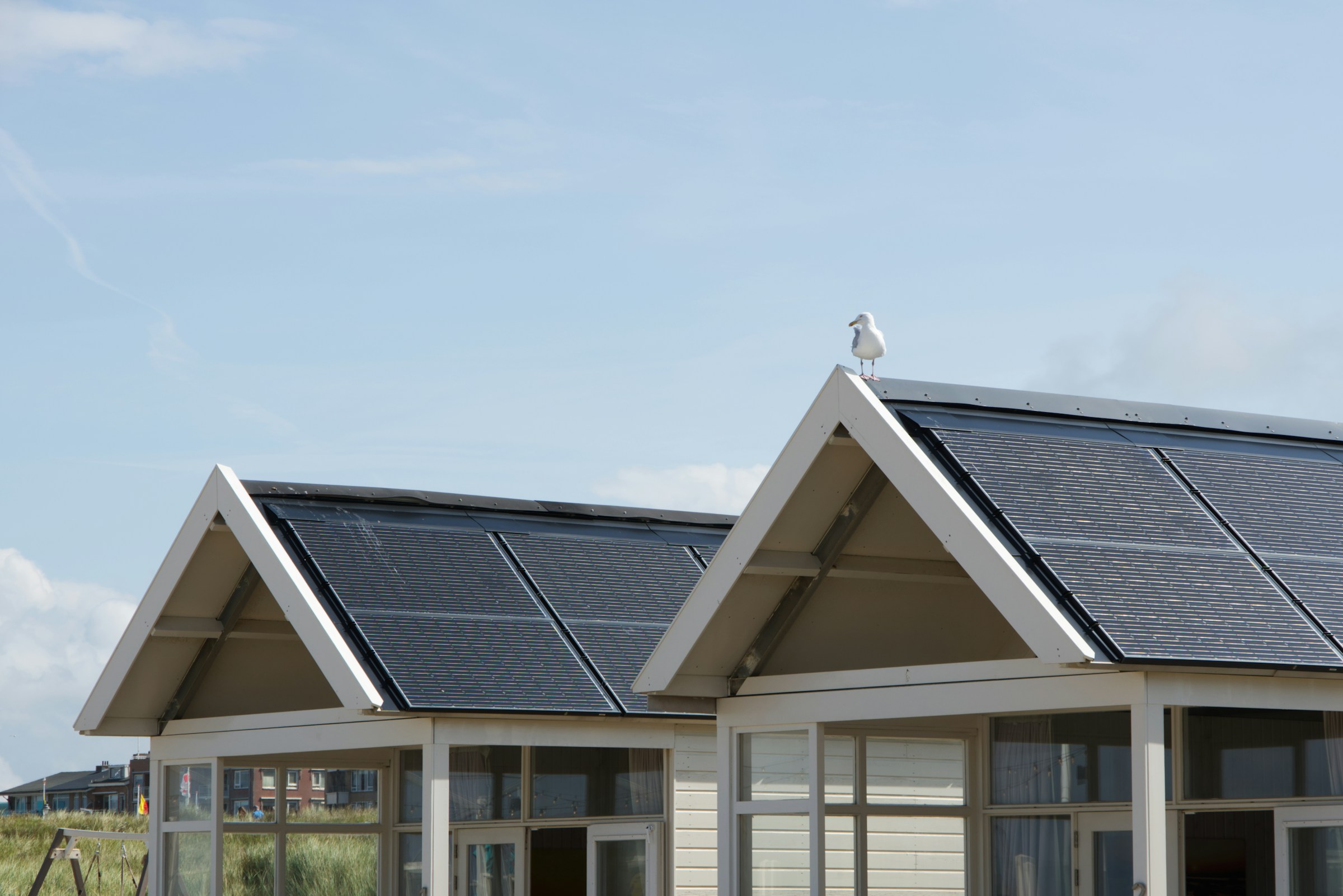With thousands of new EVs hitting the roads this month to coincide with the March plate change, myenergi is recommending that drivers choose carefully when it comes to specifying a future-proof home charger, ensuring that it’s WiFi or ethernet-connected to ensure that it doesn’t ‘go dumb’ in the future.
Jordan Brompton, co-founder of myenergi, highlights that some smart chargers that rely on SIM card connectivity could become dumb chargers once the data contract expires, and that to ensure ongoing connectivity, drivers should instead opt for WiFi or ethernet-connected chargers.
Brompton explains: “If you charge your EV at home, you’ll need to specify a smart device to comply with the latest charging regulations. Much like a smart meter, these devices can send and receive signals to and from the energy grid to manage the time or rate of charging.
“While most future-proof models use WiFi or ethernet connectivity, some devices still rely on cellular networks – much like a mobile phone. For the first few years, the connectivity will be included, but EV drivers may not be aware that their connectivity will be lost if the data contract expires.
“From here, you have two options – either take on the monthly tariff to maintain functionality, or swap out your device entirely for something more suitable. Worst of all, these important details can often be hidden in the small print.”
Predictions suggest that around 50,000 EVs will be registered this month in line with the March registration plate roll-out, with thousands of drivers looking to invest in a home charger alongside their new vehicle. That’s not including used EV sales, which continue to report record rates.
Brompton continues: “With more than 80% of all EV charging said to take place on the driveway, having your own home charging device is a cost-effective and reliable way to keep your car fully charged. Compared to the public charging network, most users can plug-in at home for less than half the price, while those with solar panels and an eco-smart device can charge – effectively – completely for free!
“To protect drivers against unexpected monthly costs in the future, we recommend that they opt for WiFi or ethernet-connected models. What’s more, we think that manufacturers should be obliged to ensure complete transparency with their customers to prevent unnecessary confusion, frustration and unexpected expense in the future.”
myenergi is best known for manufacturing the world’s first solar-compatible smart EV charger, zappi. Harnessing WiFi connectivity, the multi award-winning device is widely considered one of the market’s most reliable, robust and highest-performing systems.








